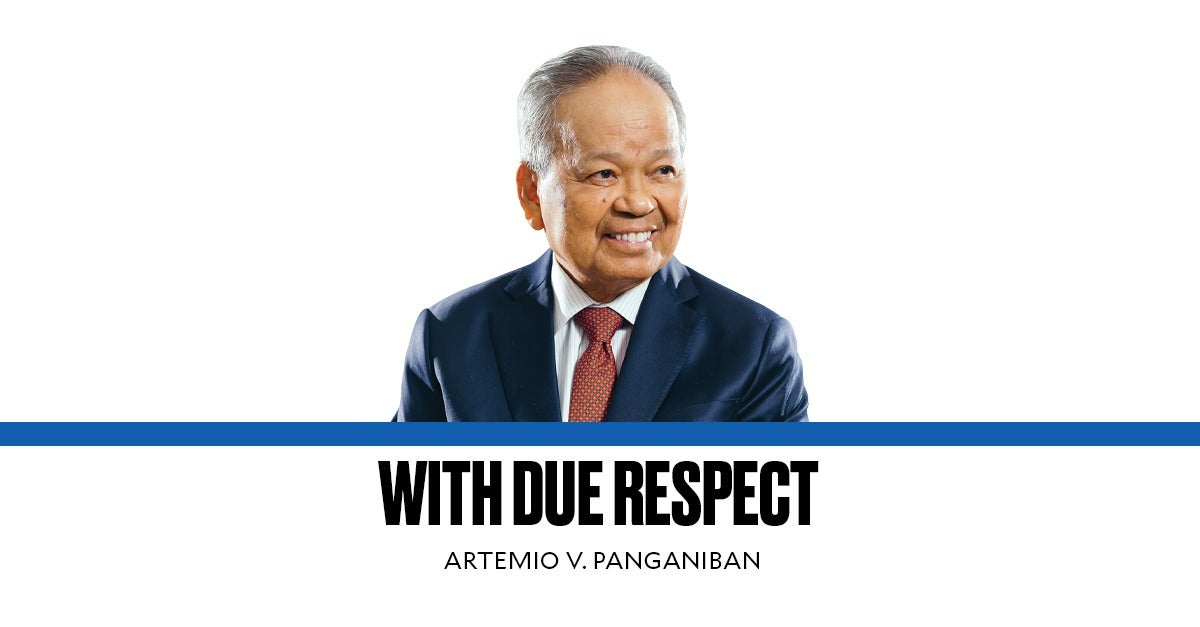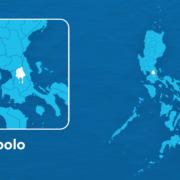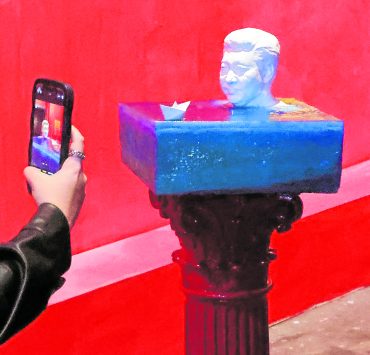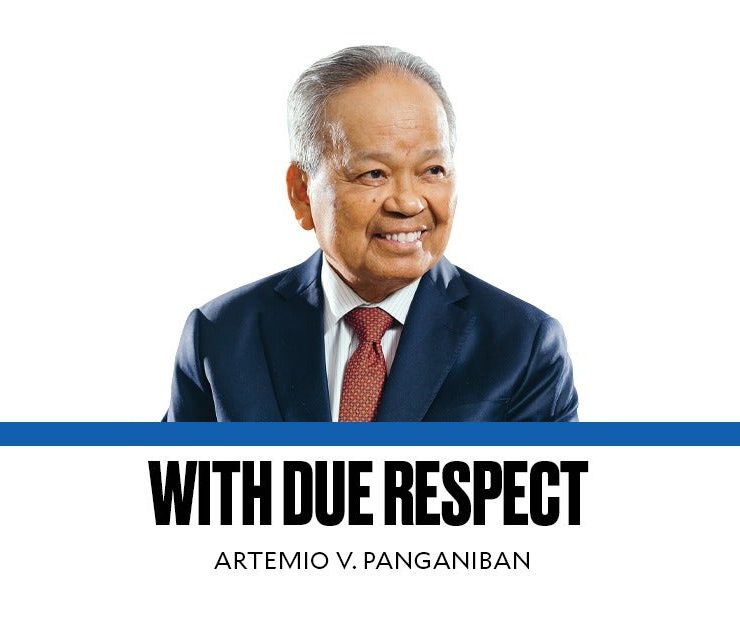The rule of law in the besieged world

Just as besieged as the legal system of the Philippines is, due to its alleged inability or unwillingness to investigate and prosecute crimes against humanity, so the courts of America are, if not more, due to the horrendous cases (almost 100) piling up against former United States president Donald Trump—the most SUIT-able presidential aspirant in US history, per my column on Jan. 15—and so the International Court of Justice (ICJ) is also, due to the ground war cases reaching its dockets. As the judicial organ of the United Nations (UN), the ICJ had been asked to decide complicated genocide charges (that I will try to simplify) brought by (1) Ukraine against Russia, and (2) South Africa against Israel.
LET US NOT CONFUSE THE ICJ WITH THE INTERNATIONAL CRIMINAL COURT (ICC). Though both are based in The Hague, the ICJ, otherwise known as the World Court, tackles litigations between and among states, while the ICC tackles crimes against humanity brought against individuals, not against states. The ICJ is an integral part of the UN which was born on Oct. 24, 1945. Currently, it has 193 member states. The ICC was created by the Rome Statute, which entered into force only on July 1, 2002. It has 123 member states. The two most powerful countries in the world, the US and China, are members of the ICJ, but not of the ICC.
Lately, the ICJ ruled that it had jurisdiction to decide the claim of Russia that Ukraine allegedly committed genocide in the Donetsk and Luhansk areas of Ukraine bordering Russia by bullying and killing the “pro-Russian people” there. This alleged genocide was Russia’s justification for invading Ukraine. On the other hand, Ukraine wants the ICJ to declare that it (Ukraine) did not commit genocide and therefore the Russian invasion is unjustified and, thus, violates the UN Charter.
Earlier, in March 2022, shortly after Russia—using the alleged genocide as excuse—punched its way into Ukraine, the World Court issued an interim order for Moscow to stop its offensive, to no avail. While legally binding, the ICJ order could not be enforced by the Court. Nonetheless, it emboldened the European Union, the United Kingdom, Australia, the US, and their allies to send military arms, medicine, and food to assist Ukraine. Russia did not obey the interim order, yet it invoked the rule of law in accusing Ukraine of genocide to justify its invasion.
ON THE SOUTH AFRICA-ISRAEL CASE, the ICJ, voting 15-2, ruled last Jan. 26 that it also had jurisdiction to hear South Africa’s accusation that Israel is committing genocide against the Palestinians in Gaza. It declined to order a “ceasefire.” Instead, it issued six commands, the equivalent of our preliminary mandatory injunction, directing Israel to (1) prevent the killing and harming of Palestinian civilians, (2) ensure its military does not carry out the said acts, (3) punish direct and public incitement to commit genocide in Gaza, (4) ensure the delivery of basic services to civilians in Gaza, (5) prevent the destruction of the evidence of war crimes in Gaza, and (6) submit within 30 days (or until Feb. 26) a report on all steps taken to abide by the first five measures.
Will Israel follow the rule of law and submit its report on or before Feb. 26 as directed by the ICJ? As a firm believer in the rule of law, I will await with bated breath the Jewish response. If Israel does not obey, will America and its allies enforce the ICJ ruling? This will be a great challenge to the faith of the free world in the rule of law.
ALSO OF SPECIAL INTEREST TO THE WORLD is how the Supreme Court of the United States (Scotus) will decide Trump’s appeal to reverse the Colorado Supreme Court’s decision disqualifying him from the presidency on the basis of the US Constitution’s ban on persons who engaged in “insurrection or rebellion.” (For details, see my columns on Sept. 4, 2023 and Jan. 15, 2024.) Similar cases are pending in many US state courts, but the Scotus had given due course to this appeal. During the oral arguments on Feb. 8, Trump’s lawyer incredibly argued that the Jan. 6, 2021 assault on the US capitol was “a riot, not an insurrection.”
Moreover, how will the Scotus decide an appeal from a US Court of Appeals (CA) decision rejecting Trump’s defense of presidential immunity in the many criminal cases lodged against him? The CA reasoned that the presidential immunity adheres only to an INCUMBENT chief executive. If it affirms the CA and disqualifies Trump as a consequence, will Trump obey? If he refuses, and instead leads a more destructive insurrection or a full-scale rebellion, how will the Americans, especially the Republicans and the Trumpsters, react? Will they respect the rule of law and obey faithfully, though grudgingly, their highest court?
Perhaps, the bigger question is: Will the courts promptly decide the Trump cases before the US elections in November, or will they just procrastinate and wait? If they would just wait and Trump wins, all the cases may be dropped due to the presidential immunity of an INCUMBENT president.
(The rule of law in the South and North China Sea in a future column.)
Comments to chiefjusticepanganiban@hotmail.com


















